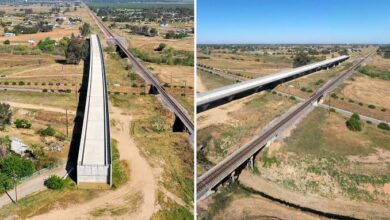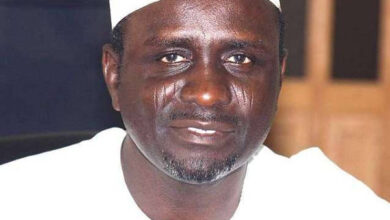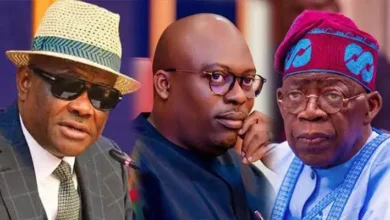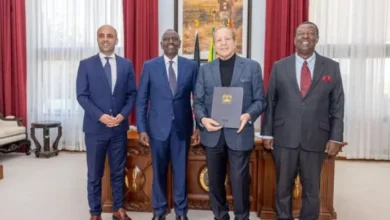NRC, SEDC partner to modernize Southeast railways, boost economy
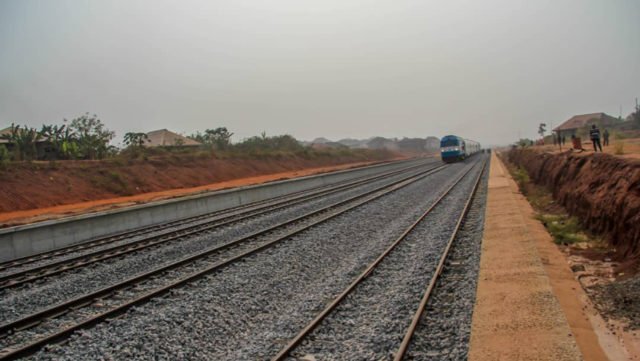
The Nigerian Railway Corporation (NRC) and Southeast Development Commission (SEDC) have pledged to modernize railways, aligning with federal economic objectives. Recently, officials toured ongoing projects to assess progress.
Dr. Kayode Opeifa, NRC CEO, stressed the partnership’s role in equitable development. He asserted railways reduce transport costs, enhance mobility, and stimulate productivity. “Efficient rail systems unlock economic potential,” he declared.
Over 1,000 kilometers of rail lines were built or upgraded in a decade. Currently, rehabilitating the eastern corridor remains a priority to reconnect southeastern cities. Opeifa confirmed this would lower goods’ costs nationally.
Furthermore, we are repurposing outdated assets to enhance services. He praised the Southeast’s contributions to railway personnel development, emphasizing regional inclusion’s significance for national unity.
Meanwhile, SEDC Managing Director Mark Okoye announced strategies to establish the Southeast as Nigeria’s leading investment hub by 2030.
He aligned goals with President Tinubu’s agenda and UNIDO benchmarks.
“The Southeast has sought structured development for 50 years,” Okoye noted. The SEDC, launched February 11, targets agriculture, industrialization, tech, creative industries, and tourism to boost regional GDP from $40 billion to $200 billion.
Infrastructure development anchors this strategy, prioritizing projects attracting private investors. Okoye emphasized creating uniform business policies across the region’s five states to ease investments.
Furthermore, an investment fund managed by a dedicated corporation will finance long-term projects. Okoye added that achieving financial independence within a decade remains critical.
Security and stability were also underscored as urgent needs. Collaborative master plans will integrate multi-modal transport, industrial clusters, and agro-processing zones, mirroring Lagos’ successful NRC partnership model.
Reflecting on SEDC’s first 50 days, Okoye cited engagements with lawmakers, governors, businesses, and diaspora groups. A volunteer program attracted 2,000 global sign-ups offering technical expertise.
Transparency remains central, with groups like IPOB monitoring expenditures. Okoye welcomed oversight, reiterating commitments to accountability. “We maximize growth opportunities through partnerships,” he affirmed.
The NRC-SEDC alliance signals a unified vision: infrastructure as Nigeria’s economic catalyst. By merging resources and expertise, both aim to drive sustainable progress, bridging regional and national ambitions.
This partnership exemplifies proactive governance, leveraging railways to transform commerce, connectivity, and community resilience. As projects advance, stakeholders anticipate tangible impacts on livelihoods and long-term prosperity.
With strategic focus and robust collaboration, Southeast Nigeria strides toward becoming an industrial powerhouse, setting precedents for inclusive development nationwide. The journey, though ambitious, promises renewed hope for millions.
Ultimately, modernized railways symbolize more than tracks—they represent pathways to unity, opportunity, and a reimagined future. Through innovation and accountability, Nigeria’s economic revival gains momentum, one rail line at a time.
Post Views: 70

